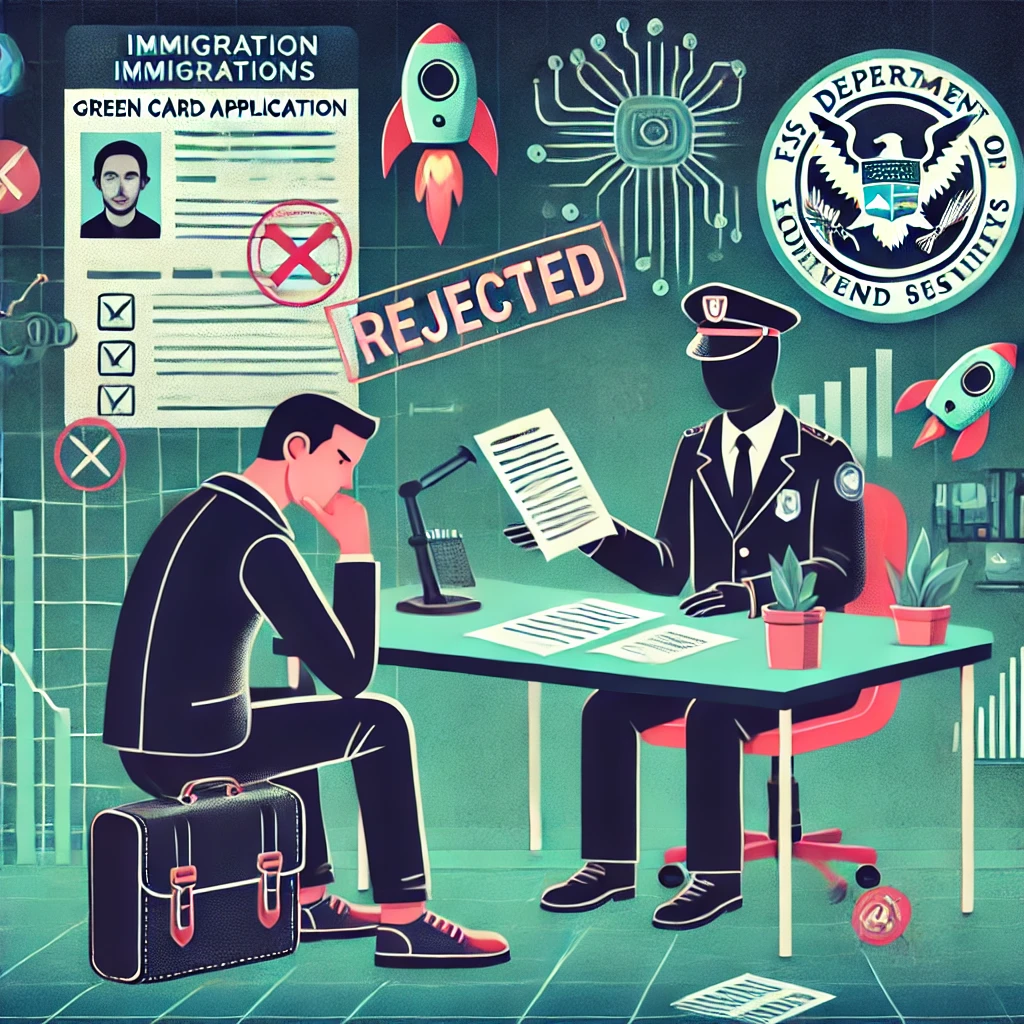In a striking example of bureaucratic mismanagement, the CTO of Hyperbolic Labs, a promising AI startup, recently had his U.S. green card application denied by the United States Citizenship and Immigration Services (USCIS). The reason? A bizarre claim that his work lacked impact “beyond that of Apple, Inc.”—a company he never worked for.
A Tale of Frustration
The co-founder, who holds a Ph.D. in computer science and raised $20 million in startup funding, expressed his disbelief on social media. “I have NEVER worked at Apple!” he wrote. Despite building cutting-edge AI technology, his achievements were dismissed after waiting a year for a decision.
The USCIS officer’s careless evaluation, which included a copy-pasted rejection reason, has highlighted systemic issues within the U.S. immigration process. For many high-skilled immigrants, such errors are not just inconvenient—they’re career-defining.
The Broken System
This case underscores the challenges high-skilled immigrants face in navigating the U.S. immigration system:
- Inconsistency: Decision-making often appears arbitrary, with impactful contributions overlooked.
- Delays: Applications can take years, leaving applicants in limbo.
- Economic Impact: Rejecting talent undermines the U.S.’s ability to compete globally, especially in fields like AI.
A Call for Reform
High-skilled immigrants are often the driving force behind American innovation. Leaders like the Hyperbolic Labs co-founder are crucial for maintaining the U.S.’s competitive edge in technology. Many are now calling for reforms, including:
- Merit-Based Systems: Prioritize skills and achievements rather than leaving decisions to individual officers.
- Streamlined Processes: Reduce delays and improve transparency.
- Accountability: Ensure accurate and fair evaluations to prevent errors like this.
A Glimpse of Hope
The co-founder remains hopeful that advocacy and high-profile support can bring change. He called on influential figures like Elon Musk and policymakers to address these issues and make the U.S. immigration system more accommodating for global talent.
This incident serves as a stark reminder that America’s status as a leader in innovation relies on its ability to attract and retain high-skilled immigrants. Without urgent reforms, the nation risks losing its most valuable asset: human capital.


